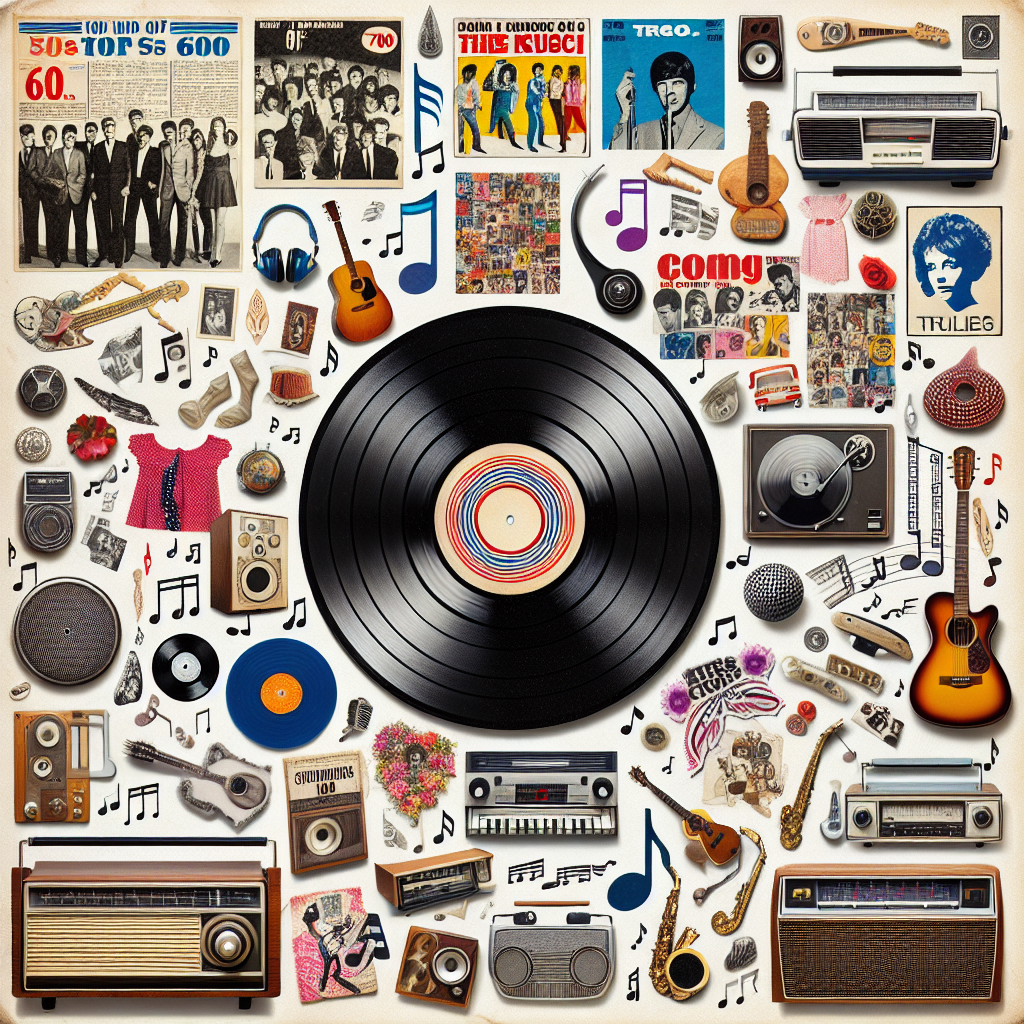During the 1960s and 1970s, Motown played a significant role in shaping the music landscape of the era. The record label, founded by Berry Gordy Jr. in Detroit, Michigan in 1959, was responsible for producing some of the most iconic songs and artists of the time.
One of the key factors that contributed to Motown’s success was its ability to transcend cultural boundaries. At a time when racial tensions were high in America, Motown brought people together through music. Artists like The Supremes, Marvin Gaye, and The Temptations became household names and their music resonated with audiences of all backgrounds.
In addition to its impact on music, Motown also influenced fashion trends of the 60s and 70s. The label’s artists were known for their stylish outfits and glamorous stage presence. Their influence on fashion can still be seen today, with many current artists citing Motown as a source of inspiration for their own style.
Politicians also recognized the power of Motown during this time period. Artists like Stevie Wonder and Marvin Gaye used their platform to address social and political issues, such as civil rights and Vietnam War protests. Their music became anthems for social change and helped to shape public opinion on important issues.
Technology also played a role in Motown’s success. The label was one of the first to embrace new recording techniques and equipment, which allowed them to create a distinctive sound that set them apart from other record labels. This commitment to innovation helped Motown stay ahead of the curve and remain relevant throughout the decades.
Overall, Motown’s influence on music in the 60s and 70s cannot be overstated. The label’s ability to bring people together through music, its impact on fashion trends, its role in shaping political discourse, and its commitment to technological innovation all contributed to its success during this time period.


Get involved!
Comments